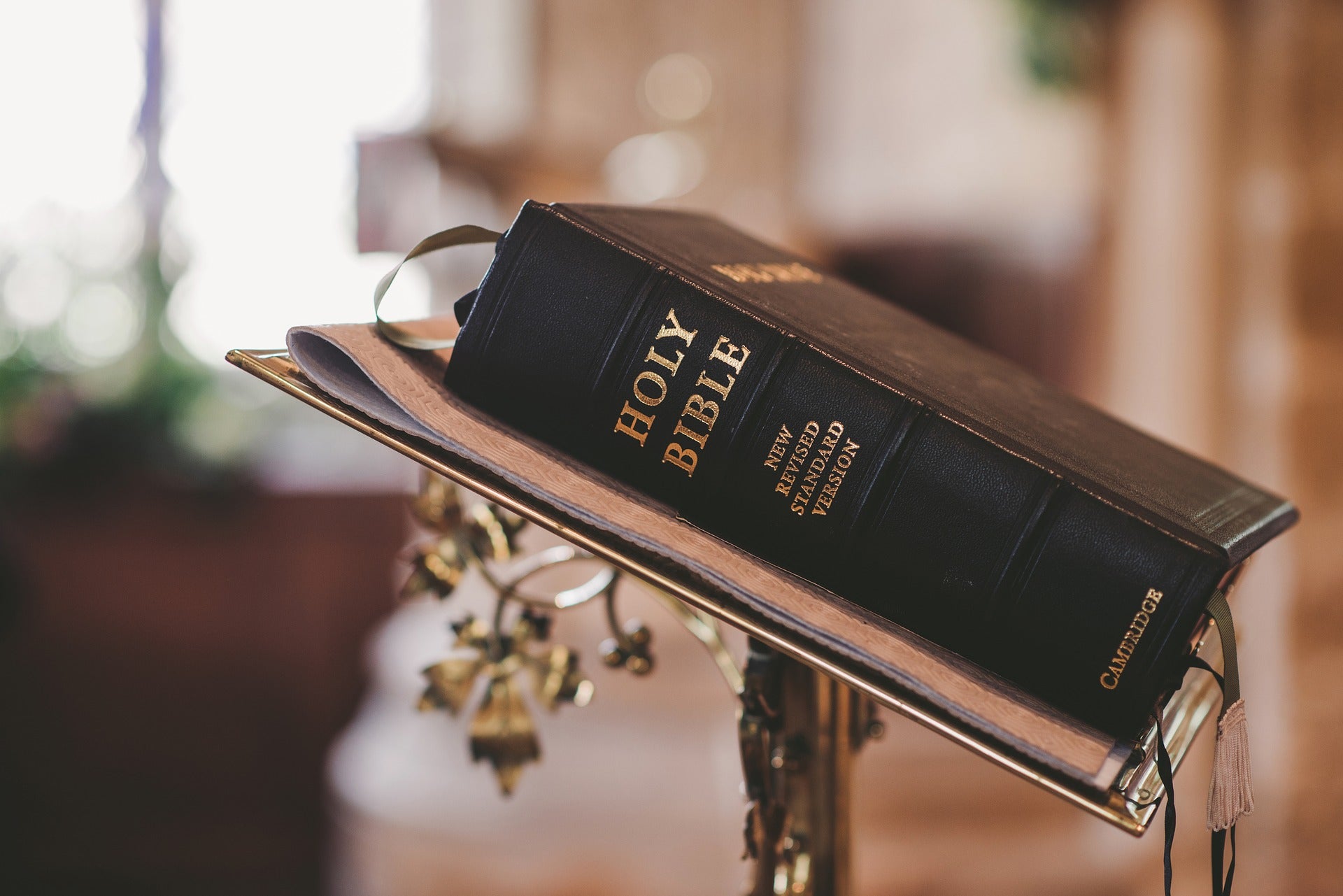That Is Good News! A sabbath to the Lord
Published 3:13 pm Saturday, October 12, 2019
“Remember the Sabbath day by keeping it holy. Six days you shall labor and do all your work, but the seventh day is a sabbath to the Lord your God. On it you shall not do any work, neither you, nor your son or daughter, nor your male or female servant, nor your animals, nor any foreigner residing in your towns. For in six days, the Lord made the heavens and the earth, the sea, and all that is in them, but he rested on the seventh day. Therefore the Lord blessed the Sabbath day and made it holy.” Exodus 20:8-11 NIV
The concept of Sabbath is not new when it comes to the 10 Commandments, it actually is instituted by God in His act of Creation. Our use of the seven days comes to us from God’s work told to us in Genesis of creating the world, speaking into existence al things, for six days and then on the seventh day He ceased from His work and He rested.
The Hebrew word שַׁבָּת, that we translate into English as Shabbat or Sabbath, means rest or to cease from work. When thinking about God, rest is not something that He needs, and He especially was not “worn out” form His act of creation.
It is not even possible for God to be tired or need rest. In fact, God is continually working for the good and transformation of His creation. What scripture tells us is that God ceased from creating and called it good. He is always active.
So, it is important in the study of this commandment to understand why He instituted Sabbath and what it means for life.
Looking at sabbath as ceasing is much more helpful than the subjective act of resting.
One thought I hope you can lean it to is that each of the six days of creation ended and the act of creation ended with the seventh day, but the essence or spirit of the sabbath is something that was never meant to cease.
For the Jews of the past and those who seriously practice Sabbath today, the day is meant to be an intentional existence of ceasing our work and acknowledging the ongoing work of the Creator of the Universe.
To acknowledge him with praise, honor, and glory by ceasing our normal schedules.
The 10 Commandments are given in both Exodus 20 and Deuteronomy 5.
The wording of the commandment is the same in both places, but the reason for remembering the Sabbath and keeping it holy differ.
In our focus in Exodus the commandment is connected to the creation event we have considered, and the gift God has given to us in calling us to cease.
In Deuteronomy 5 the purpose has to do with remembering and responding to what God did in delivering the people from Egypt. For Christians, it is necessary for us to take both positions when we practice Sabbath.
For our practice today, I present that we need to keep several things in mind. We need to remember that God established this concept and desires it to be part of life. We need to cease our work to show that our trust is in God, not our ability to work.
Most importantly, we need to keep Sabbath by remembering it, keeping it holy and ceasing our work in order to continually celebrate the resurrection of Jesus and put our hope in a future where Sabbath will be the only existence for God’s creation.
When we dedicate a day a week for worship, renewal and contemplation, we get a little taste of what heaven will be.
There is coming a time, for those who believe, when the health, wholeness and rest of the Sabbath will be the existence of eternity.
That Is Good News!
Rev. Brad McKenzie is Lead Pastor at First Church of the Nazarene, 3810 Martin Luther King Jr. Drive in Orange.







